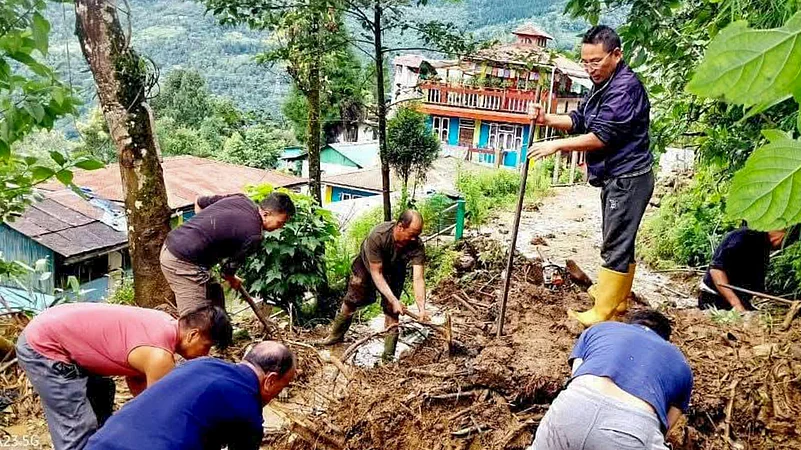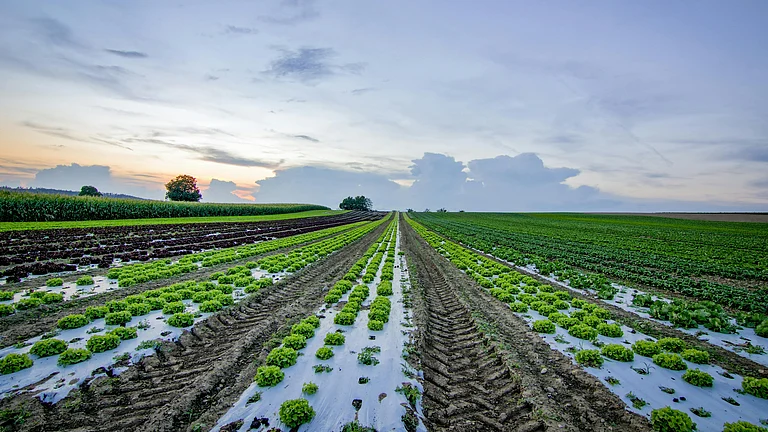
Parametric insurance model triggers automatic payouts when rainfall, temperature, or winds exceed thresholds.
Scheme could save government disaster funds while supporting states hit by climate extremes.
Pilots in Rajasthan, Gujarat, Maharashtra and Nagaland show quick, reliable payouts possible.
The Indian government has initiated early-stage talks with local insurers about designing a nationwide climate-linked insurance programme to simplify the payout process after extreme weather events such as heatwaves and floods, according to Reuters.
The scheme is expected to work on a parametric insurance model, that entitles the policyholders to receive a pre-determined payout when specific weather thresholds such as rainfall, temperature or windspeeds are exceeded.
If the discussions are materialised as per the plan, India could become one of the first major economies to launch such a programme. To assist states in dealing with extreme weather, the government currently uses funds set aside for disasters. The government could save money if insurers took on more risk.
What’s Parametric Model of Payout?
The parametric model of payout enables automatic quick payouts based on a predefined trigger (such as rainfall exceeding a certain level, wind speeds, etc.,) whereas in traditional insurance, payments are based on the loss sustained and assessments that could take years. Parametric insurance can also be used to offer coverage in areas where traditional insurance is rare.
In a country that’s experienced the wrath of climate change this year in the form of major floods that devastated the states such as Punjab and Assam resulting in massive loss of crop and livelihood due to flooding or landslides in Uttarakhand, Himachal Pradesh and Jammu Kashmir that ended up destroying homes, roads and bridges, the proposed scheme could become a critical financial instrument to support the lives in affected regions.
Potential Lifeline for States
According to Reuters, similar programs have already been piloted in a number of states. In 2023, for example, a group of 50,000 independent contractors in Rajasthan, Gujarat, and Maharashtra were paid when temperatures rose above 40 degrees Celsius from May 18 to May 25.
Each participant in the initiative, which was started by the Self-Employed Women's Association (SEWA) and Climate Resilience for All, received a fixed $5 payment; some participants received additional payouts depending on the length of the heatwave and local conditions.
In addition, Nagaland also gained India’s first disaster risk coverage from SBI General Insurance in 2024, receiving its first payout of $119,000 in May after excessive rainfall earlier in the year, reported Reuters.





























